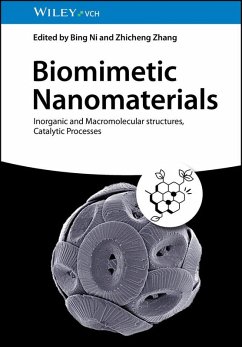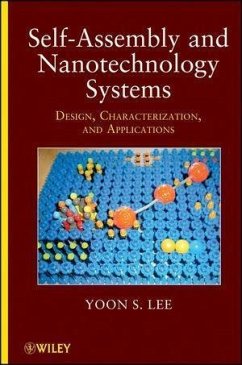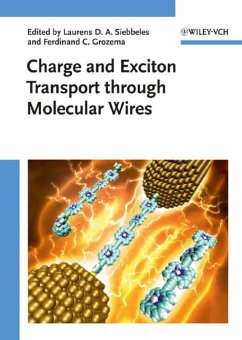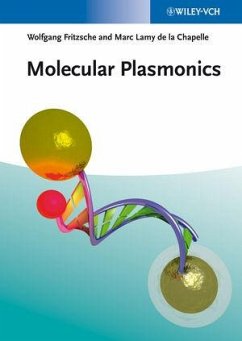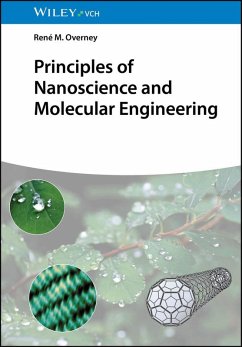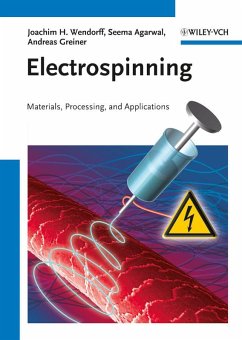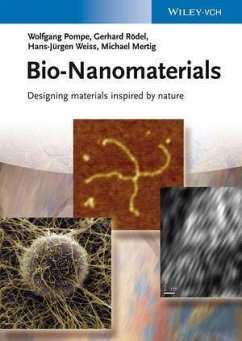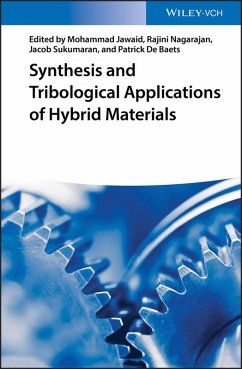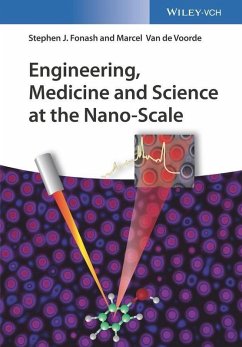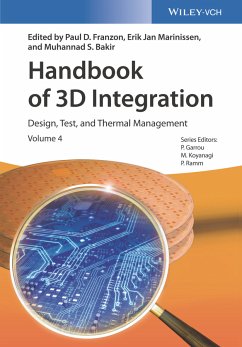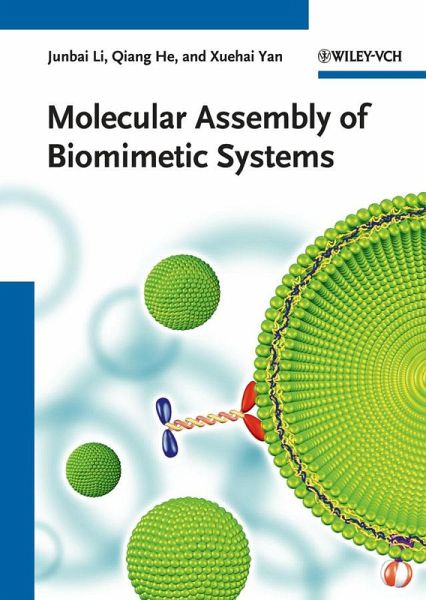
Molecular Assembly of Biomimetic Systems (eBook, ePUB)

PAYBACK Punkte
0 °P sammeln!





In diesem Band werden moderne Methoden der Herstellung molekularer Aggregate für biotechnologisch relevante biomimetische Systeme (künstliche Proteine, Peptide, molekulare Motoren, photosensitive Systeme) vorgestellt. Der Schwerpunkt liegt dabei auf biomimetischen Membranen, Kapseln und Grenzflächen.
Dieser Download kann aus rechtlichen Gründen nur mit Rechnungsadresse in D ausgeliefert werden.
Junbai Li is a Director of the Key Lab of Colloid and Interface Science, Institute of Chemistry, Chinese Academy of Sciences (ICCAS). He received his BS and PhD degrees from Jilin University and spent two years as a Postdoctoral Fellow and Group Leader at the Max Planck Institute of Colloids & Surfaces, for the collaborative project "Molecular Assembly of Biomimetic Systems". He then worked as a Full Professor at the Institute of Photographic Chemistry, CAS, before moving to his current position in 1999. His research interests encompass supramolecular chemistry and surface science, including the boundary research areas of organic chemistry, physical chemistry, biochemistry, and materials chemistry. His major interests include the molecular assembly of biomimetic systems, biointerfaces, and nanostructures. Qiang He graduated from the Inner Mongolia University and received his PhD degree on physical chemistry in 2003 from the Institute of Chemistry, the Chinese Academy of Sciences. Then he joined Prof. Li's group and became an associate professor in the Institute of Chemistry, the Chinese Academy of Sciences. He spent four years as a research fellow of the Alexander von Humboldt Foundation in the Max Plank Institute of Colloids and Interfaces, Germany. Currently, he is a full Professor at the Micro/Nano Technology Research Centre, Harbin Institute of Technology, China. His research interests include self-assembled active systems, stimuli-responsive surface patterning for biomedical application. Xuehai Yan received his BE degree in Chemical Engineering in 2002 and MS degree in Applied Chemistry in 2005 from China University of Mining and Technology. Then he joined the Institute of Chemistry, the Chinese Academy of Sciences, where he obtained his PhD in Physical Chemistry in 2008. Currently he is working as a research fellow of the Alexander von Humboldt Foundation at the Max Planck Institute of Colloids and Interfaces in Germany. His research interests are focused on self-assembly of biomolecular materials, in particular the use of amino acids or peptides as an assembly building block, and supramolecular interactions in the process of self-assembly.
Produktdetails
- Verlag: Wiley-VCH
- Erscheinungstermin: 23. Dezember 2010
- Englisch
- ISBN-13: 9783527634149
- Artikelnr.: 41347903
Für dieses Produkt wurde noch keine Bewertung abgegeben. Wir würden uns sehr freuen, wenn du die erste Bewertung schreibst!
Eine Bewertung schreiben
Eine Bewertung schreiben
Andere Kunden interessierten sich für


